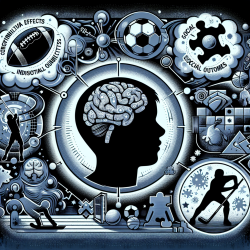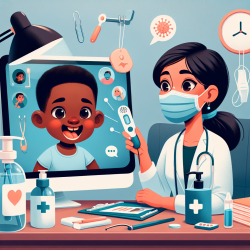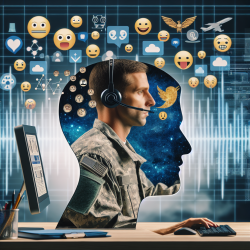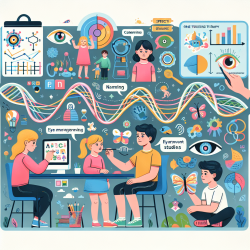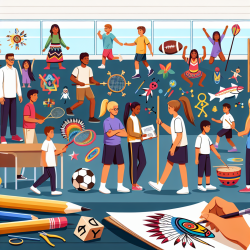Introduction
Concussions, particularly those related to sports, have been a topic of growing concern, especially in school-aged children and adolescents. While much of the focus has been on the cognitive outcomes of such injuries, the psychological and social sequelae are equally critical. The research article "Current State of the Literature on Psychological and Social Sequelae of Sports-Related Concussion in School-Aged Children and Adolescents" provides valuable insights into these aspects, offering a comprehensive overview of the challenges faced by young athletes post-concussion.
Key Findings from the Research
The study highlights several domains affected by sports-related concussions (SRC) in children and adolescents, including:
- Emotional and Social Dysfunction: Mood disturbances such as anxiety and depression are common, often exacerbated by the restrictions on physical activity and social interactions post-injury.
- Behavioral Problems: Although research is limited, there is evidence of increased risk for behavioral disorders following SRC.
- Academic Difficulties: Symptoms like headaches and concentration issues can impede academic performance, necessitating a careful balance of rest and gradual reintegration into school activities.
- Sleep Disturbance: Altered sleep patterns are prevalent, potentially impacting recovery and overall well-being.
- Quality of Life (QOL): Post-concussive symptoms can significantly affect the quality of life, with prolonged symptoms linked to lower physical and cognitive QOL.
Implications for Practitioners
For practitioners, understanding these multifaceted impacts is crucial for effective management and support of young athletes. Here are some actionable steps based on the research findings:
- Early Identification and Intervention: Recognizing emotional and behavioral symptoms early can help mitigate long-term consequences. Practitioners should be vigilant in monitoring these symptoms and provide appropriate interventions.
- Balanced Rest and Activity: While initial rest is important, prolonged inactivity can be detrimental. A tailored approach to gradually reintroducing physical and cognitive activities is recommended.
- Collaboration with Schools: Working closely with educational institutions to implement necessary academic accommodations can facilitate a smoother transition back to school for concussed students.
- Family and Social Support: Engaging families in the recovery process and ensuring adequate social support can enhance recovery outcomes.
Encouraging Further Research
The current body of literature on the psychological and social outcomes of SRC in children is limited. Practitioners are encouraged to contribute to this growing field by engaging in research that explores these dimensions further. Such efforts will not only enhance our understanding but also improve the quality of care provided to young athletes.
Conclusion
Sports-related concussions in school-aged children and adolescents present complex challenges that extend beyond cognitive impairments. By leveraging the insights from the research and adopting a holistic approach to management, practitioners can significantly improve the outcomes for affected children. For those interested in delving deeper into the research, the original paper offers a wealth of information and can be accessed here.
